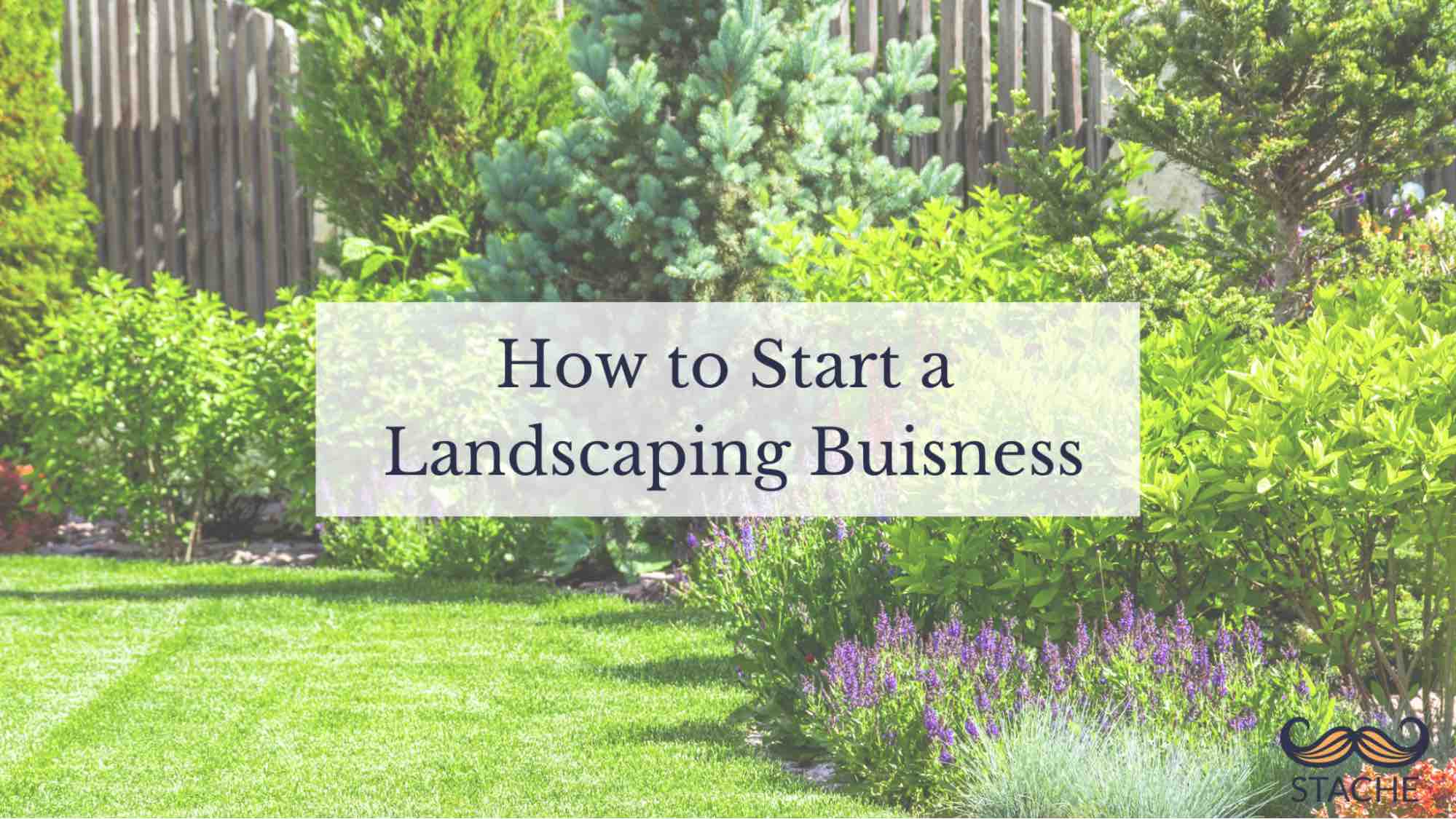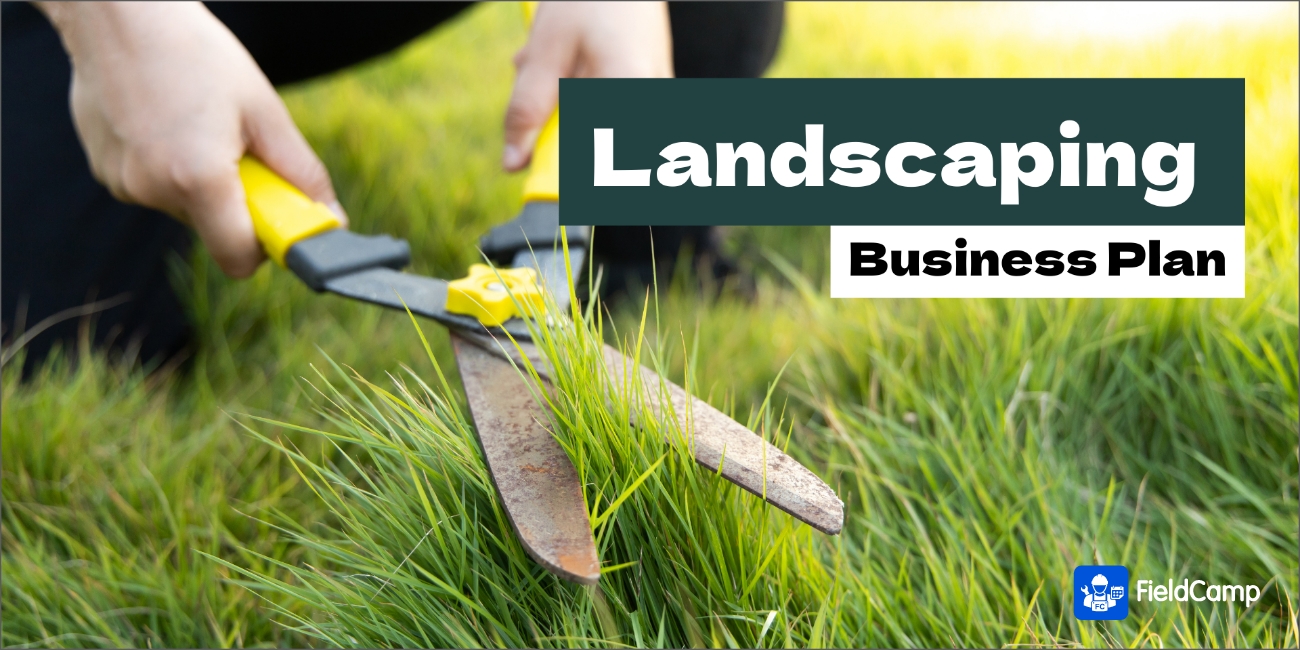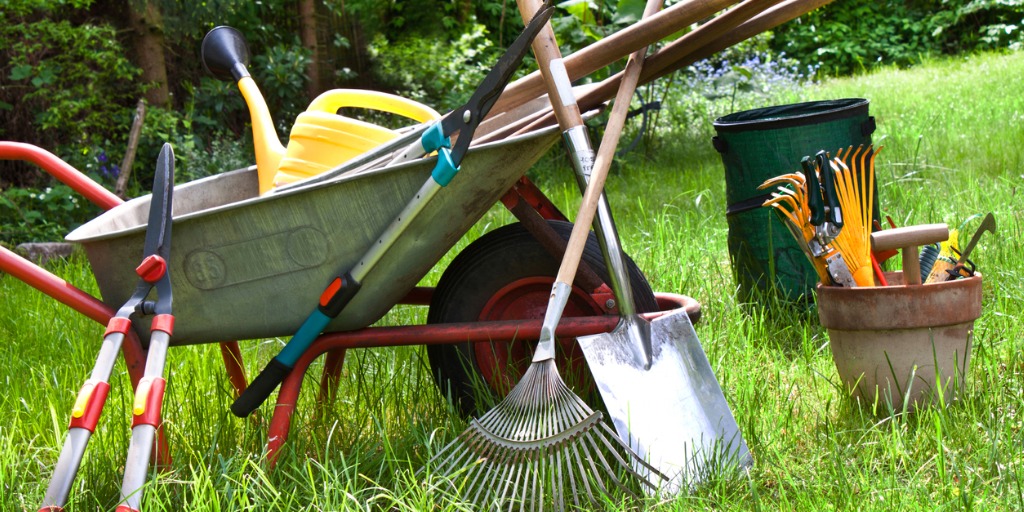Laying the Foundation: Understanding the Basics of Landscaping
Landscaping is a multifaceted industry that encompasses various aspects, including lawn care, gardening, and outdoor construction. To start a successful landscaping business with no experience, it’s essential to understand the basics of each of these areas. Lawn care involves maintaining healthy grass, trees, and shrubs, while gardening focuses on cultivating flowers, vegetables, and other plants. Outdoor construction, on the other hand, includes building patios, walkways, and other hardscapes.
Understanding the principles of landscaping is crucial for several reasons. Firstly, it helps you to identify your niche and target market. By specializing in a specific area of landscaping, you can differentiate your business from competitors and attract clients who are looking for specialized services. Secondly, knowledge of landscaping principles enables you to create effective business plans, set realistic goals, and establish a unique selling proposition (USP).
For instance, if you’re interested in starting a lawn care business, you’ll need to understand the different types of grass, soil, and fertilizers. You’ll also need to know how to operate lawn care equipment, such as mowers and trimmers. Similarly, if you’re interested in gardening, you’ll need to understand the different types of plants, soil, and irrigation systems.
Fortunately, there are many resources available to help you learn the basics of landscaping. You can take online courses, attend workshops, or read books on the subject. You can also join landscaping associations or networking groups to connect with experienced professionals who can offer valuable advice and guidance.
By taking the time to understand the basics of landscaping, you’ll be well on your way to starting a successful business. Remember, knowledge is power, and in the landscaping industry, it’s essential for building a strong foundation and achieving long-term success. Whether you’re looking to start a small lawn care business or a large-scale landscaping company, understanding the basics is the key to unlocking your potential.
So, if you’re ready to start your landscaping journey, begin by learning the basics. Research different types of landscaping services, understand the principles of lawn care and gardening, and explore the various equipment and supplies needed to get started. With dedication and hard work, you can turn your passion for landscaping into a successful business.
Assessing Your Skills: Evaluating Your Strengths and Weaknesses
Before starting a landscaping business, it’s essential to assess your skills and evaluate your strengths and weaknesses. This self-assessment will help you determine whether you have the necessary skills and knowledge to succeed in the landscaping industry. To start a landscaping business with no experience, you’ll need to be honest with yourself about your abilities and identify areas where you need improvement.
Physical abilities are crucial in the landscaping industry. You’ll need to be physically fit and able to lift heavy equipment, work in extreme weather conditions, and spend long hours on your feet. If you’re not physically able to perform these tasks, you may need to consider hiring employees or contractors who can help you with the physical aspects of the business.
Business skills are also essential for success in the landscaping industry. You’ll need to have basic knowledge of accounting, marketing, and customer service. If you’re not familiar with these concepts, you may need to take courses or seek guidance from a business advisor. Additionally, you’ll need to have strong communication skills to effectively interact with clients, employees, and suppliers.
Knowledge of landscaping principles is also critical for success in the industry. You’ll need to understand the basics of lawn care, gardening, and outdoor construction. If you’re not familiar with these concepts, you may need to take courses or seek guidance from a landscaping expert. You can also consider obtaining certifications or licenses in landscaping to demonstrate your expertise and commitment to the industry.
To evaluate your skills and knowledge, you can use a SWOT analysis. This involves identifying your strengths, weaknesses, opportunities, and threats. By doing so, you’ll be able to identify areas where you need improvement and develop strategies to address these weaknesses. For example, if you identify a weakness in your marketing skills, you can take courses or seek guidance from a marketing expert to improve your skills.
Another way to evaluate your skills and knowledge is to seek feedback from others. You can ask friends, family, or colleagues to provide feedback on your strengths and weaknesses. You can also seek guidance from a business advisor or a landscaping expert who can provide you with objective feedback and guidance.
By assessing your skills and knowledge, you’ll be able to determine whether you have the necessary abilities to start a landscaping business with no experience. You’ll also be able to identify areas where you need improvement and develop strategies to address these weaknesses. This will help you to build a strong foundation for your business and increase your chances of success in the landscaping industry.
Developing a Business Plan: Setting Goals and Objectives
A comprehensive business plan is essential for starting a successful landscaping business, especially if you have no experience. A well-written business plan will help you to clarify your ideas, identify potential problems, and develop strategies for success. It will also serve as a roadmap for your business, guiding you through the launch and growth phases.
To develop a business plan for your landscaping venture, start by setting realistic goals and objectives. What do you want to achieve with your business? Do you want to provide residential or commercial landscaping services? Do you want to specialize in a particular area, such as lawn care or gardening? Answering these questions will help you to define your mission statement and establish a clear direction for your business.
Next, define your target market. Who are your potential clients? What are their needs and preferences? Understanding your target market will help you to develop effective marketing strategies and create services that meet their needs. For example, if you’re targeting residential clients, you may want to offer services such as lawn mowing, gardening, and outdoor construction.
Establishing a unique selling proposition (USP) is also crucial for differentiating your business from competitors. What sets your business apart from others in the industry? Do you offer eco-friendly landscaping services? Do you provide exceptional customer service? Identifying your USP will help you to develop a competitive advantage and attract clients who are looking for something unique.
A business plan should also include financial projections, including startup costs, revenue projections, and expense estimates. This will help you to determine whether your business is viable and make informed decisions about investments and resource allocation. You can use financial software or consult with an accountant to help you with financial planning.
In addition to financial projections, your business plan should also include marketing and sales strategies. How will you attract clients and promote your services? What pricing strategy will you use? Answering these questions will help you to develop a comprehensive marketing plan that drives sales and revenue growth.
Finally, your business plan should include operational plans, including details about equipment, supplies, and personnel. What equipment and supplies will you need to start your business? How will you manage your team and ensure that they are properly trained and equipped to deliver high-quality services?
By developing a comprehensive business plan, you’ll be well on your way to starting a successful landscaping business, even with no experience. Remember to review and update your plan regularly to ensure that you’re on track to achieving your goals and objectives.
Obtaining Necessary Licenses and Certifications
Before starting a landscaping business, it’s essential to obtain the necessary licenses and certifications required by your state or region. These credentials demonstrate your expertise and commitment to the industry, and they can also help you to attract clients and grow your business.
The specific licenses and certifications required for a landscaping business vary depending on the state or region in which you operate. However, some common licenses and certifications include:
A business license: This is a general license that allows you to operate a business in your state or region. You can obtain a business license from your state’s business registration office or department of commerce.
A contractor’s license: This license is required for landscaping businesses that offer construction services, such as patio installation or deck building. You can obtain a contractor’s license from your state’s contractor’s licensing board.
A pesticide application license: This license is required for landscaping businesses that apply pesticides as part of their services. You can obtain a pesticide application license from your state’s department of agriculture or environmental protection agency.
Certifications: There are several certifications available for landscaping professionals, including the Certified Landscape Professional (CLP) designation and the National Association of Landscape Professionals (NALP) certification. These certifications demonstrate your expertise and commitment to the industry, and they can help you to attract clients and grow your business.
To obtain these licenses and certifications, you’ll need to meet the eligibility requirements and pass the necessary exams. You can find more information about the specific requirements for your state or region by contacting your state’s business registration office or department of commerce.
Obtaining the necessary licenses and certifications can seem like a daunting task, but it’s an essential step in starting a successful landscaping business. By demonstrating your expertise and commitment to the industry, you can build trust with your clients and establish a strong reputation in your community.
In addition to obtaining licenses and certifications, it’s also important to consider liability insurance and other forms of protection for your business. Liability insurance can help to protect you and your business in the event of an accident or injury, and it can also provide peace of mind for your clients.
By obtaining the necessary licenses and certifications, and by considering liability insurance and other forms of protection, you can establish a strong foundation for your landscaping business and set yourself up for success.
Building Your Team: Hiring Employees or Contractors
As a landscaping business owner, building a skilled team is crucial to launching and growing a successful venture. Your team will be responsible for delivering high-quality services to your clients, and their expertise and work ethic will reflect on your business. In this section, we’ll discuss the importance of hiring employees or contractors, and provide tips on how to manage a team effectively.
Hiring employees or contractors is a critical decision for any landscaping business. You’ll need to consider factors such as their experience, skills, and work ethic, as well as their ability to work well with others. When hiring employees, you’ll also need to consider factors such as salary, benefits, and training.
One option for building your team is to hire employees directly. This can be a good option if you’re looking for long-term commitment and loyalty from your team members. However, it can also be more expensive, as you’ll need to provide benefits and training.
Another option is to hire contractors or subcontractors. This can be a good option if you’re looking for flexibility and cost savings. However, it can also be more challenging to manage a team of contractors, as they may have different work styles and expectations.
Regardless of whether you hire employees or contractors, it’s essential to manage your team effectively. This includes providing clear communication, setting clear expectations, and providing ongoing training and support. You’ll also need to establish a positive and productive work culture, and encourage open communication and feedback.
To manage your team effectively, you can use a variety of tools and strategies. These may include project management software, time tracking tools, and communication platforms. You can also establish clear policies and procedures, and provide regular feedback and coaching.
In addition to managing your team, you’ll also need to consider factors such as safety and liability. This includes providing safety training and equipment, and establishing clear policies and procedures for managing risk.
By building a skilled and effective team, you can launch and grow a successful landscaping business. Remember to consider factors such as experience, skills, and work ethic when hiring employees or contractors, and establish clear communication and expectations to manage your team effectively.
With the right team in place, you can focus on delivering high-quality services to your clients, and growing your business through referrals and repeat business. By following these tips and strategies, you can build a successful landscaping business and achieve your goals.
Marketing Your Business: Strategies for Attracting Clients
Marketing is a crucial aspect of any business, and landscaping is no exception. To attract clients and grow your business, you’ll need to develop a comprehensive marketing strategy that showcases your services and expertise. In this section, we’ll discuss various marketing strategies that can help you to attract clients and grow your landscaping business.
Social media is a powerful marketing tool that can help you to reach a wide audience and attract new clients. By creating a business page on platforms such as Facebook, Instagram, and Twitter, you can share updates, photos, and videos that showcase your work and services. You can also use social media to engage with your clients, respond to their questions and concerns, and build a community around your business.
Online advertising is another effective way to attract new clients and grow your business. By using platforms such as Google Ads and Facebook Ads, you can target specific demographics and interests, and reach a wide audience with your message. You can also use online directories and listings to promote your business and attract new clients.
Local SEO is also an important aspect of marketing your landscaping business. By optimizing your website and online presence for local search terms, you can attract new clients who are searching for landscaping services in your area. This includes using keywords such as “landscaping services near me” or “local landscaping companies” to attract search engine traffic.
Networking is also a powerful marketing tool that can help you to attract new clients and grow your business. By attending local events, joining industry associations, and connecting with other business owners, you can build relationships and establish your reputation as a trusted and reliable landscaping professional.
Referral marketing is also an effective way to attract new clients and grow your business. By incentivizing your existing clients to refer their friends and family to your business, you can generate new leads and attract new clients. This can include offering discounts or rewards for referrals, or simply providing excellent service and encouraging your clients to spread the word.
By using these marketing strategies, you can attract new clients and grow your landscaping business. Remember to always keep your target market in mind, and tailor your marketing efforts to their needs and interests. With a comprehensive marketing strategy and a commitment to excellence, you can establish a successful landscaping business and achieve your goals.
It’s also important to note that marketing is an ongoing process, and it requires continuous effort and improvement. By staying up-to-date with the latest marketing trends and best practices, you can stay ahead of the competition and attract new clients to your business.
Equipment and Supplies: Essential Tools for Landscaping Success
Starting a landscaping business requires a significant investment in equipment and supplies. The right tools and materials can help you to deliver high-quality services and grow your business. In this section, we’ll discuss the essential equipment and supplies needed to start a landscaping business, and provide tips on how to purchase or rent equipment, and how to source high-quality supplies.
Lawn mowers, trimmers, and edgers are essential equipment for any landscaping business. These tools will help you to maintain lawns, trim bushes, and edge gardens. You can purchase or rent these equipment from a variety of suppliers, including online retailers and local hardware stores.
Pruning tools, such as loppers and pruners, are also essential for landscaping businesses. These tools will help you to prune trees, shrubs, and flowers, and maintain the overall health and appearance of your clients’ gardens.
Irrigation systems and water management tools are also important for landscaping businesses. These tools will help you to manage water usage, prevent waste, and maintain healthy plants and gardens.
Outdoor construction equipment, such as excavators and skid-steer loaders, may also be necessary for landscaping businesses that offer construction services. These tools will help you to build patios, decks, and other outdoor structures.
In addition to equipment, landscaping businesses also require a variety of supplies, including seeds, fertilizers, and pest control products. You can source these supplies from a variety of suppliers, including online retailers and local nurseries.
When purchasing or renting equipment, it’s essential to consider factors such as quality, durability, and maintenance requirements. You should also consider the cost of equipment and supplies, and ensure that you have a budget in place to cover these expenses.
Sourcing high-quality supplies is also essential for landscaping businesses. You should consider factors such as the quality of materials, the reputation of the supplier, and the cost of supplies. You should also ensure that you have a reliable supplier who can provide you with the materials you need to deliver high-quality services to your clients.
By investing in the right equipment and supplies, you can deliver high-quality services and grow your landscaping business. Remember to consider factors such as quality, durability, and maintenance requirements when purchasing or renting equipment, and ensure that you have a budget in place to cover these expenses.
Launch and Growth: Overcoming Common Challenges
Starting a landscaping business can be a challenging and rewarding experience. However, new business owners often face common challenges that can impact their success. In this section, we’ll discuss some of the most common challenges faced by new landscaping business owners and provide advice on how to overcome them.
Managing cash flow is one of the biggest challenges faced by new landscaping business owners. This can be due to a variety of factors, including slow payments from clients, high equipment costs, and unexpected expenses. To overcome this challenge, it’s essential to create a comprehensive financial plan that includes budgeting, forecasting, and cash flow management.
Dealing with difficult clients is another common challenge faced by new landscaping business owners. This can be due to a variety of factors, including unrealistic expectations, poor communication, and conflicting personalities. To overcome this challenge, it’s essential to develop strong communication skills, set clear expectations, and establish a clear and concise contract.
Adapting to seasonal fluctuations is also a common challenge faced by new landscaping business owners. This can be due to a variety of factors, including changes in weather, seasonal demand, and fluctuations in client needs. To overcome this challenge, it’s essential to develop a flexible business plan that includes strategies for managing seasonal fluctuations, such as diversifying services, adjusting pricing, and managing cash flow.
Marketing and advertising are also essential for new landscaping business owners. This can be due to a variety of factors, including competition, market saturation, and limited budgets. To overcome this challenge, it’s essential to develop a comprehensive marketing plan that includes strategies for attracting new clients, retaining existing clients, and building brand awareness.
Finally, new landscaping business owners often face challenges related to equipment maintenance, repair, and replacement. This can be due to a variety of factors, including wear and tear, accidents, and equipment failure. To overcome this challenge, it’s essential to develop a comprehensive equipment maintenance plan that includes regular maintenance, repair, and replacement strategies.
By understanding and addressing these common challenges, new landscaping business owners can overcome obstacles and achieve success. Remember to stay focused, adapt to changing circumstances, and continuously improve your business strategies to ensure long-term success.
Starting a landscaping business with no experience requires careful planning, hard work, and dedication. However, with the right strategies and mindset, new business owners can overcome common challenges and achieve success. By following the tips and advice outlined in this article, new landscaping business owners can set themselves up for success and build a thriving business.








